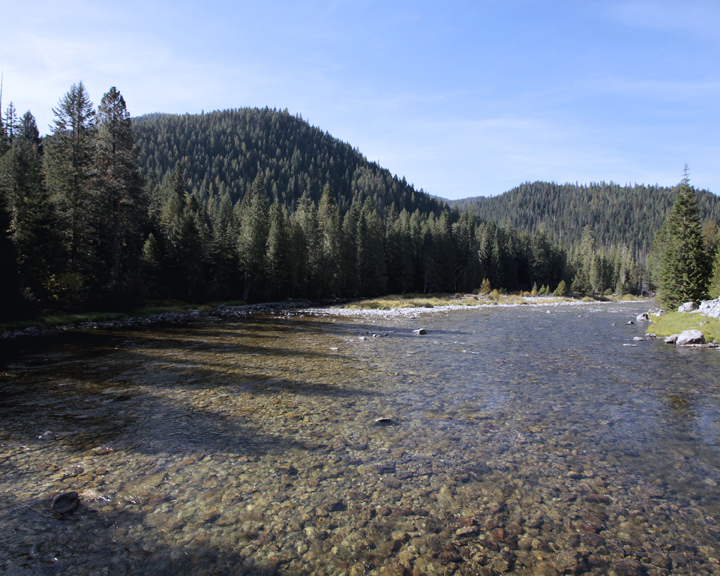Today, healthy forests and maintenance of living-wage jobs are both necessary for community and economic stability. The CBC’s Rural Economies Subcommittee has been working on a number of options to increase economic stability now and into the future. These options include diversification of the timber industry and development of the capacity of outdoor recreation. The two counties in the Clearwater Basin hold a preponderance of federal public land. Therefore, the subcommittee is also concerned with federal reimbursement of counties possessing these non-taxable land bases.
The CBC is committed to seeking better and more permanent solutions to meet the counties’ funding needs. Currently we have consensus support to explore a variety of solutions including the re-authorization of SRS and Payment in Lieu of Taxes (PILT) as well as a pilot county payment project. The viability of our communities and county solvency is shared by all members of CBC.
Key Points
- Re-authorization of SRS is extremely important to the counties in Idaho.
- The CBC is committed to seeking better and more permanent solutions to meet the counties’ funding needs.
- Current federal support is likely to disappear in its current form.
Background
The government has addressed economic needs of these counties historically through the Payment in Lieu of Taxes (PILT) program, the Secure Rural Schools and Community Self-Determination Act (P.L. 106-393 and P.L. 110-343), among other measures. While these programs have been helpful in the past, they are time-limited and do not fully address the Basin’s needs. Local counties serve the nation by providing infrastructure and services that support public uses of national forests within their boundaries.
The presence of so much federal land in Basin counties exacerbates the pressure on these counties for law enforcement, search and rescue operations and the other infrastructure needs of users of these federal lands. As a result of uncertainty over revenue-sharing programs (i.e. PILT and SRS), escalating costs associated with providing services to federal lands and potential new costs associated with a public lands bill, rural counties face increased pressures on county budgets. In addition, high unemployment rates and a lack of infrastructure further stress the limited resources and capacity. With the prospect of the current STS legislation expiring and only one more payment to counties without re-authorization the economic impacts to counties is both eminent and serious.

Current Situation
Today, healthy forests and maintenance of living-wage jobs are both necessary for community and economic stability. The CBC’s Rural Economies Subcommittee has been working on a number of options to increase economic stability now and into the future. These options include diversification of the timber industry and development of the capacity of outdoor recreation. The two counties in the Clearwater Basin hold a preponderance of federal public land. Therefore, the subcommittee is also concerned with federal reimbursement of counties possessing these non-taxable land bases.
The CBC is committed to seeking better and more permanent solutions to meet the counties’ funding needs. Currently we have consensus support to explore a variety of solutions including the re-authorization of SRS and Payment in Lieu of Taxes (PILT) as well as a pilot county payment project.
